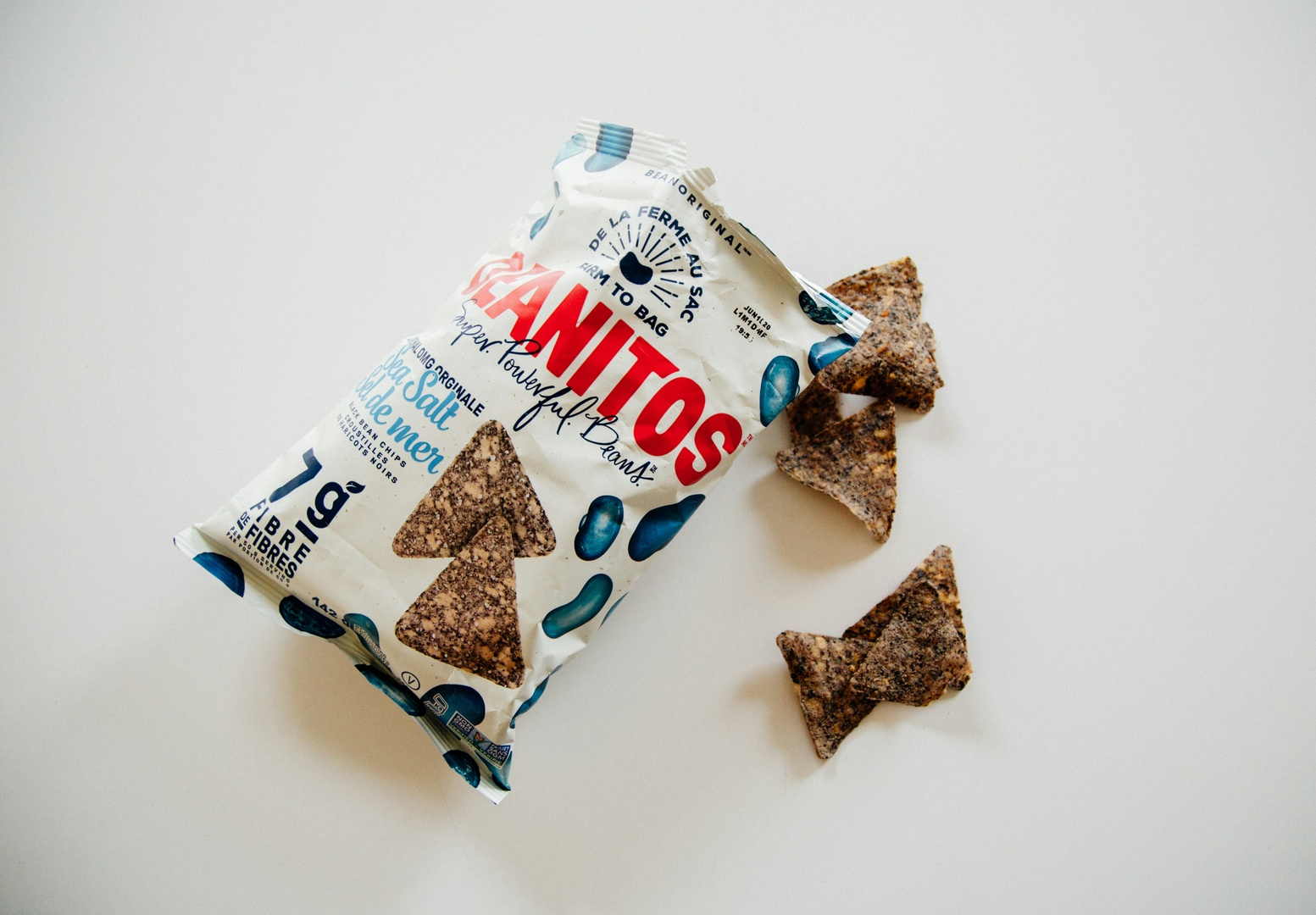Anthropic’s Claude 4 models are set to revolutionize AI coding and intelligent agent development, enhancing capabilities across industries.
Anthropic’s Claude 4 models redefine coding efficiency and intelligent agent capabilities for the future.
Claude 4: A Leap into the Future of AI
Anthropic has unveiled its latest Claude 4 model family, marking a significant leap forward for developers and businesses looking to harness next-generation AI assistants and coding tools. With Claude Opus 4 at the forefront, the company positions this model as a powerhouse for diverse applications, while Claude Sonnet 4 caters to everyday tasks and agentic workflows. The ambition is clear: to enhance AI strategies across the board.
The Power of Claude Opus 4
When Anthropic proudly announces that Claude Opus 4 is its “most powerful model yet and the best coding model in the world,” it commands attention. Backed by impressive metrics, Opus 4 has achieved a remarkable 72.5% on SWE-bench and 43.2% on Terminal-bench, setting a new standard for performance. Yet, speed is only part of the equation. Designed for sustained performance, Opus 4 is engineered to handle long-running tasks that require focused effort and intricate problem-solving. Picture an AI that can maintain productivity for hours—this is the new reality.
This model promises to expand the horizons of what AI agents can accomplish, tackling complex problems that demand persistence and continuous engagement.
Claude Sonnet 4: The Versatile Workhorse
While Opus 4 stands out as the heavyweight champion, Claude Sonnet 4 emerges as the adaptable workhorse, designed for a wide array of applications. Early adopters have expressed enthusiasm, with GitHub noting that Sonnet 4 excels in agentic scenarios and plans to integrate it as the base model for GitHub Copilot. This endorsement underscores its potential impact on coding workflows.
Tech commentator Manus highlights Sonnet 4’s ability to follow complex instructions with clarity and reason, while iGent reports a significant drop in navigation errors from 20% to nearly zero. Such improvements indicate a game-changing shift in development practices, enhancing efficiency and precision. Sourcegraph echoes this sentiment, calling Sonnet 4 a substantial leap in software development and code quality. For Augment Code, it has become their top choice, leading to higher success rates and more meticulous work in complex tasks.
Innovative Hybrid Modes and Developer Tools
A standout feature of the Claude 4 family is its hybrid operational modes. Both Opus 4 and Sonnet 4 can switch between rapid responses and extended reasoning, tailored for deeper thought processes. This capability is part of the Pro, Max, Team, and Enterprise plans, ensuring that both casual and enterprise users can access advanced functionalities. Notably, Sonnet 4 will be available to free users, democratizing access to cutting-edge AI technology.
To further empower developers, Anthropic has rolled out innovative tools via its API. The Code execution tool allows models to execute code directly, unlocking interactive problem-solving capabilities. The MCP connector standardizes context exchange between AI and software environments, streamlining workflows. Furthermore, the Files API enhances AI’s ability to work with files, pivotal for many real-world applications. Finally, prompt caching will enable developers to save prompts for up to an hour, significantly improving efficiency for frequently used queries.
Leading the Pack in Real-World Performance
Anthropic is keen to emphasize that the Claude 4 models excel on SWE-bench Verified, a benchmark for real software engineering tasks. They assert that these models deliver outstanding performance across coding, reasoning, multimodal capabilities, and agentic tasks. Despite the remarkable advancements, Anthropic has maintained competitive pricing: Claude Opus 4 is priced at $15 per million input tokens and $75 per million output tokens, while Claude Sonnet 4 offers a more accessible option at $3 per million input tokens and $15 per million output tokens. This pricing strategy is likely to resonate with current users, providing consistency alongside innovation.
Both Claude Opus 4 and Sonnet 4 are readily accessible via the Anthropic API and are also available on platforms such as Amazon Bedrock and Google Cloud’s Vertex AI. This broad accessibility allows businesses and developers worldwide to experiment and integrate these advanced tools into their operations seamlessly.
Anthropic’s commitment to enhancing AI capabilities, particularly in coding and autonomous agent behavior, is evident. With the release of these new models and accompanying developer tools, the potential for innovation in the AI landscape has received a significant boost.
Conclusion: A New Dawn for AI Coding and Intelligent Agents
The unveiling of Claude 4 marks a pivotal moment in the evolution of intelligent agents and AI coding. With Claude Opus 4 and Sonnet 4, Anthropic is not just pushing technological boundaries; they are reshaping the landscape of AI development. As businesses and developers embrace these advancements, the future promises a new era of efficiency, creativity, and transformative potential in coding and intelligent agent deployment.

